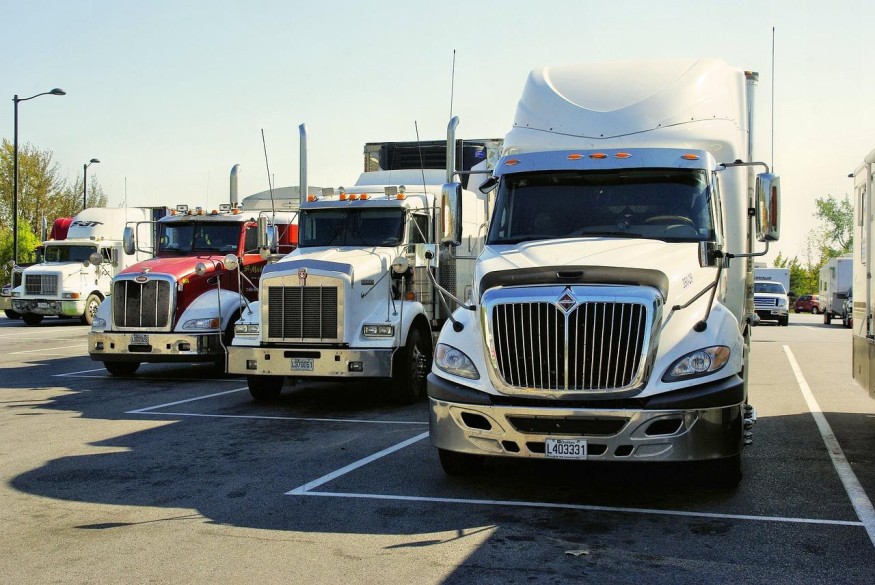
We have been talking about autonomous vehicles for years, but according to reports, we are getting closer to the time when they will actually use the roads side-by-side with drivers. The technology behind autonomous vehicles continues to develop, and many people, including a Los Angeles truck accident lawyer, have questioned whether heavy goods vehicles becoming autonomous will lead to a change in how freight operates around the world.
Will Self-Driving Trucks Slash the Need for Drivers?
Initial report suggests that far from automation becoming a threat to human jobs, for freight movement, this will actually be a vital lifeline. It's already estimated that in America, the shortage of truckers, which currently stands at around 78,000, will spiral to 160,000 by the time we reach 2031. Manufacturing, which is already a highly automated industry, has not seen any significant job loss, with humans being used in other parts of the process instead. So, is it possible that self-driving trucks are going to improve the way we transport goods and services around the world?
A Shared Partnership?
With so many vacancies on offer, autonomous vehicles are unlikely to be a threat to truckers but could actually benefit them and help them meet demand. If you think about driving hours, a vehicle that has autonomous capabilities could share the workload with a driver, who could spend their downtime in the living quarters of the truck while the vehicle continues its route. Although we are still some way off, it is also known that initially, when autonomous vehicles take to the road, humans will be required to sit in the driving seat and monitor progress, taking over should any problems occur. There are hopes that because this novel and new technology fit so well with the younger generations, it will inspire more of them to come forward and be involved in freight and distribution.
Changes Should Mirror Other Industries
It is predicted that any changes to how the workforce integrates with autonomous tracks will follow a similar pattern to the likes of train travel. Although when more people owned cars and took foreign holidays, the need for passenger trains decreased, they were able to find new roles in moving freight, meaning that their staffing impact was minimal. The same should occur for driverless vehicles, with shared roles being just one potential outcome for truckers in the industry. Given that there are such huge driver shortfalls as it is, it seems like a sensible Industry to focus on autonomous vehicles as any work they take on will not be at the expense of human hours as there is nobody to feel the role anyway. It might mean that there will be fewer drivers out on the road eventually, but there will be an increased need for vehicle technicians and warehouse workers.
Some companies have predicted that they will be able to start using autonomous vehicles in the freight industry next year in 2024. However, a lot depends on regulations, and as yet, we do not have the all-clear to be able to take vehicles like this out onto the roads. A realistic target seems to be 2030, when we should expect to see basic self-driving vehicles heading out onto the road, potentially with a human guardian on board.











